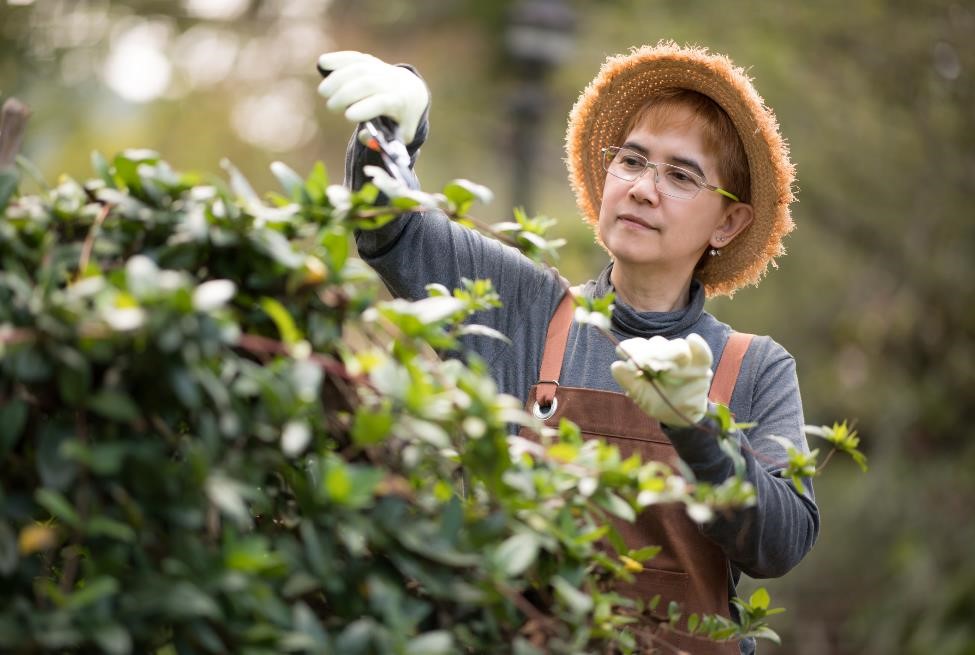Fed up with aphids, caterpillars, moths, and other insects wreaking havoc on your plants? Trap cropping may be just what you need to take back your garden. Trap crops—used by many commercial farmers—provide a natural form of garden pest control, making them an equally smart choice for many organic gardeners. Read on for gardening tips designed to prevent invasive insects from feasting on your fruits and vegetables this summer.
What Is Trap Cropping?
This all-natural pesticide alternative is a type of companion planting. Trap crops, also known as sacrificial crops, are designed to drive bugs away from your plants without adding toxins to plants, soil, water, and the air. Gardeners plant varieties known to attract certain insects so they’ll abandon the plants they are trying to grow. The method is often used by farmers but hasn’t fully taken hold among gardeners—yet.
Trap Crop Gardening Tips and Facts
There are two common ways to plant trap crops. For more difficult or persistent pest problems, place trap crops at intervals among plants. Otherwise, create a barrier against pests by forming a trap-crop border using garden fencing and netting.
Get started with your trap crops, and make the most of your companion planting experience with the help of these tips and factoids:
- Trap crops form 20% of most farmers’ plants. You may need fewer trap crops to protect your garden.
- Interest in trap cropping is on the rise as more gardeners look for natural garden pest control methods.
- These crops should be in place well before an invasion is due to occur. Plant your decoys before you start the rest of your garden so you can kill pests before your prized crops start to grow.
- Not all pests are attracted to the same plants. To make this a successful form of garden pest control, you’ll need a fair amount of research, observation, and experimentation. Know which bugs tend to invade your garden. Find out which plants they like and when you can expect them to land on your crops.
Trap Crops: Your Garden Pest Control Companion
If you’re considering alternative gardening methods, we hope these trap-crop tips help your plants thrive this coming season. Trap cropping is a safe, effective form of companion planting for non-toxic garden pest control. In that same spirit, Jobe’s is proud to provide gardeners with natural and organic alternatives to traditional garden products. From soil amendments to fencing and netting, we have everything you need for a healthy, bountiful garden.
